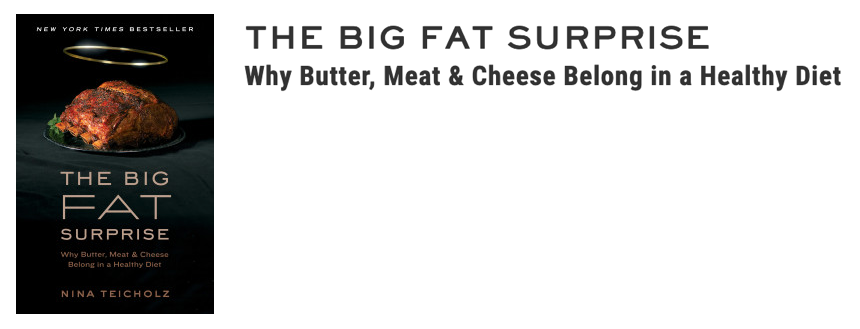The key to a well-formulated ketogenic diet is lowering carbohydrate intake, so as to minimise chronic exposure to insulin. The question then becomes where to find enough calories to live on. Most people more or less automatically get enough protein, so you don’t need to worry about that, but protein is generally not an energy source for the body, except in cases of dire need (protein is best used for organ repairs, building muscle and bone, etc.). To get enough energy to fuel our body, we must therefore replace our missing carb calories with fat calories, which is easy to do, because fat contains over twice as much energy per unit of weight as carbohydrate does.
Then the question becomes what the healthiest fats are to eat. And the answer, surprisingly, is saturated and monounsaturated fats, such as are found in butter/ghee, bacon grease, lard, tallow, and the like. Avoid most vegetable oils on the market, because they contain too much in the way of polyunsaturated fats. We need a small amount of two types of polyunsaturates, the ω-3 and ω-6 fatty acids, but too much of the latter causes inflammation. When eating a standard Western diet, the challenge is not getting enough ω-6 fatty acids, but avoiding getting too much. Therefore, seed oils are to be avoided. If you wish to use a vegetable oil at all, use a fruit oil instead, such as avocado, coconut, or olive oil.
When judging how much food to eat, the simplest method is to use hunger as a guide. Don’t eat until you are hungry, stop eating once you stop being hungry, and don’t eat again until hungry again. During the first two or three weeks of ketogenic eating, you may find yourself consuming a lot of food, but most people find that their appetite quickly drops by a significant amount. Fairly soon, you are likely to find yourself forgetting to eat breakfast, because you simply aren’t hungry.
There is more science to all of this, but this is probably enough for you to be getting on with. Keep us posted with your progress, and welcome to the forums!



